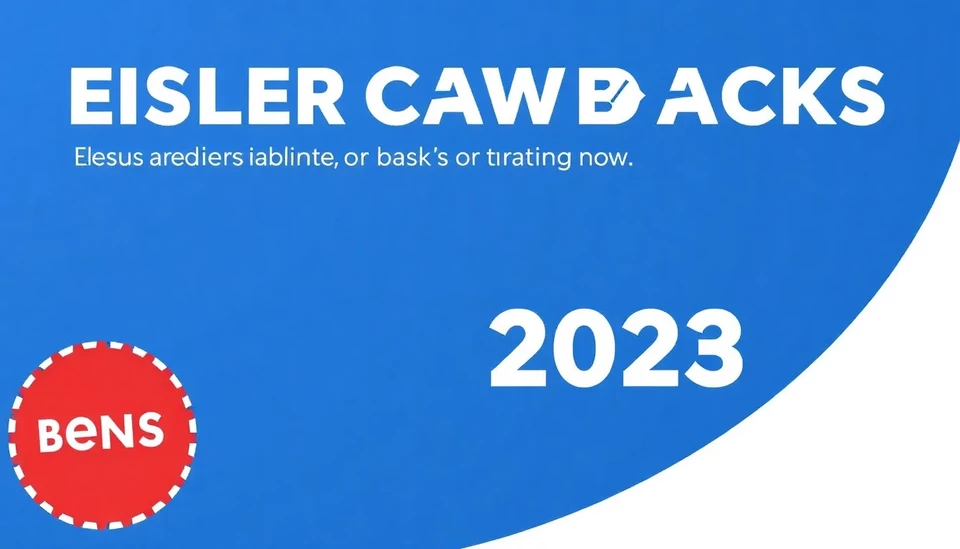
In a bold move aimed at instilling greater accountability within its trading team, Eisler Capital has announced that it will implement bonus clawback provisions for the second consecutive year. This decision reflects the firm’s commitment to aligning its traders' financial incentives with long-term performance, stepping away from the traditional practice of rewarding short-term gains without consequences.
Last year, Eisler introduced its first-ever bonus clawback policy which garnered attention across the financial industry. The mechanism brought forth the possibility of retracting bonuses awarded to traders if their performance deteriorated in subsequent periods. This initiative was largely seen as a way to safeguard shareholder interests and mitigate excessive risk-taking, prompting many to question whether other firms would follow suit.
As the financial landscape becomes increasingly volatile and subject to rapid changes, Eisler has decided to double down on this approach. This year’s iteration of the clawback policy is expected to be even more stringent, offering a clear message to traders regarding the importance of sustainable performance rather than opportunistic strategies.
Eisler’s management indicated that the new policy was conceived after observing trends that showed many trading profits could evaporate just as quickly as they were realized. By instituting clawbacks, the firm is fostering a culture of responsibility and integrity among its trading team, encouraging employees to think beyond immediate rewards and focus on overall company health.
Understanding that such a policy could induce anxiety among traders, Eisler is committed to providing transparent communication and support. The firm aims to educate its team members about the long-term benefits of their performance and how it can ultimately lead to greater financial security and career progression within the organization.
Industry analysts view Eisler's approach as innovative, predicting that this trend may become more pervasive across financial institutions struggling with ethical lapses and reckless trading behaviors. This proactive step could represent a significant shift in how bonuses are structured and awarded in the high-stakes finance sector. As firms such as Eisler push for a reevaluation of rewarding practices, the focus is gradually returning to fostering a risk-aware, performance-oriented culture.
As the implementation date approaches, many will be watching closely to see how traders at Eisler respond to this renewed emphasis on accountability and whether it will encourage similar practices at rival firms. Only time will tell if this strategy will lead to more predictable outcomes for the firm and its stakeholders.
#EislerCapital #BonusClawbacks #TraderAccountability #FinanceTrends #RiskManagement #FinancialIncentives
Author: John Harris
